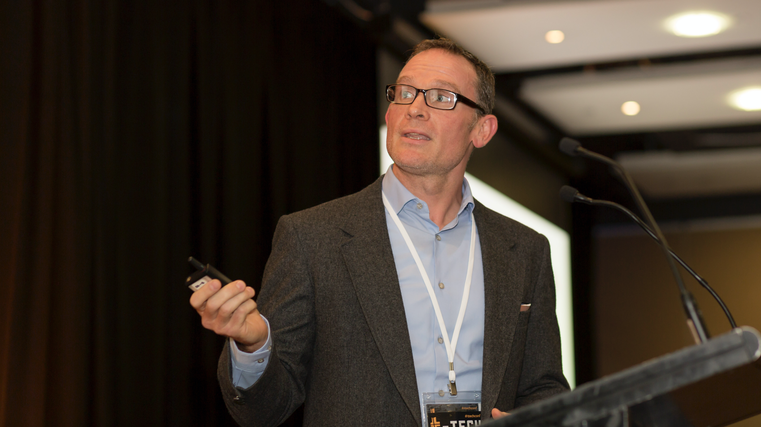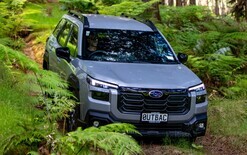Wilkerson stays with VIA

Kit Wilkerson has decided to stay with VIA (the Imported Motor Vehicle Industry Association) after turning down a job with the Energy Efficiency and Conservation Authority (EECA).
Wilkerson, pictured above, has been VIA’s policy analyst and adviser for the past four-and-a-half years. The role has seen him help equip the association with tools it requires to advance in the age of technological disruption.
He had resigned to take up a position with the EECA, which would have started in November and would have involved shifting from Auckland to Wellington. His role in the capital would have been a senior sector analyst working in the efficient and low-emissions transport space.
However, Wilkerson – who has played an instrumental role at VIA and has been responsible for identifying key trends and insights, such as mobility as a service, intelligent transportation systems (ITS) and automated vehicles – is now staying put.
David Vinsen, chief executive of VIA, told Autofile: “We would have been very sorry to see Kit go even though we acknowledge he would have been in a new position relevant to the industry. That said, we are very pleased he has decided to stay with VIA.”
He added that in the past four-and-a-half years, Wilkerson has gained an in-depth knowledge of the fleet, and the industry and people involved in it.
“These are tremendous assets to have.”
Prior to taking up his role with VIA in May 2014, Wilkerson, who is married with three children, worked in the ITS department at St Cloud University in Minnesota. He holds a BA in applied linguistics and computer science as well as an MA in linguistics from Southern Illinois University.
When Wilkerson’s appointment by the EECA was made public on September 10, Vinsen acknowledged the scale of his contribution.
“We’re sorry to see Kit go,” said Vinsen at the time. “He has made the role his own. It has evolved in line with his skills, and he’s shown us the merits of having someone who’s a critical thinker, good statistician and analyst. At our council meeting when I announced this, it became obvious key stakeholders understand and appreciate what Kit has brought to the industry.”
From the archives – industry profile
Autofile magazine featured Kit Wilkerson in one of its series of popular industry profiles in October 2015 after he had been in the job for about 18 months. Below are some edited highlights.
Wilkerson on ITS: “Systems, such as ITS, are being progressed by engineers and academics who talk in my language. What I do is take that on-board and advise our industry, or even government, as to how I see everything moving forward. The great thing about my position is the challenge, and being involved in issues that help keep the industry’s doors open.”
On driverless cars: “Autonomous vehicles are the tip of the iceberg when it comes to ITS. If you go back in time, there must have been horse dealers who didn’t think everyone would buy cars. They did and horses got replaced, but people still go places to enjoy riding. Similarly, ITS and autonomous vehicles are the next step in the evolution of transport.”
Rolling back the years: After completing high school, Wilkerson joined the Merrill Corporation in 1998. He worked on project management on its IT help desk for three years before becoming a warehouse manager. He began university in 2005 at Southern Illinois University where he completed a degree in linguistics and computer science before securing his masters in 2010.
“I went back to education because I had ideas I needed to formalise and share, but I’ve always been interested in artificial intelligence. When I left high school, I didn’t feel ready for university. I wasn’t ready to go back until I was 27.”
Wilkerson’s first wheels: His first car was a 510 Datsun. “Station wagons may be practical, but they aren’t that acceptable to Americans. It was horrendous. It was a hand-me-down from my mother in the early 1980s. But when you are 16, you take what you can get.”
On security clearance: Wilkerson is “qualified for security clearance: Nuclear access L” in the US, but “it’s nothing that glamorous”. “I did some contract work at a nuclear plant during an outage for maintenance. Nuclear plants are considered national security interest sites in the US, so everyone who works at one has to go through a background check and get a clearance from the federal government. I only have it on my resume so people can see I’m trustworthy! The L refers to the level of access I had to nuclear material.”





